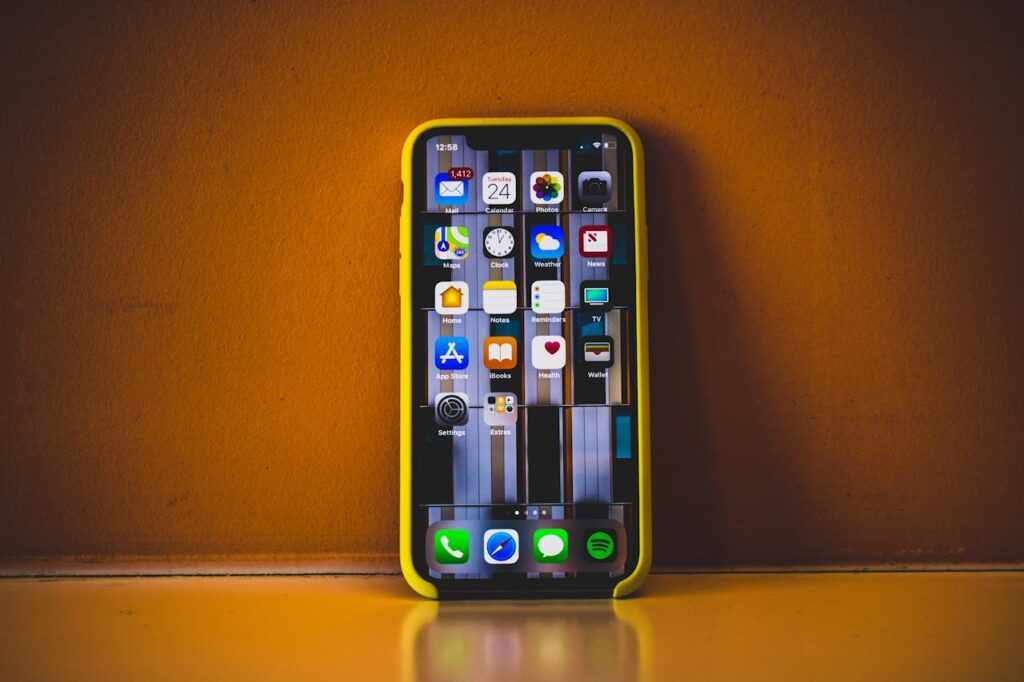Is 128 GB enough for an iPhone? Even I also had the same query when I bought an iPhone 13 a while ago. So, I will answer you from my experience and research about the same. When purchasing a new iPhone, one of the first decisions you’ll face is choosing the right amount of storage. This choice can significantly impact your user experience and device longevity. Among the available options, 128GB stands out as a middle ground between affordability and capacity, making it a popular choice for many.
But is 128GB enough? With the increasing demands of modern apps, multimedia files, and system updates, the adequacy of this storage size is a hot topic for debate.
In this article, we will explore the storage needs of different types of iPhone users, assess the benefits and limitations of opting for a 128GB model, and help you determine if it matches your usage patterns and future needs.
By understanding these factors, you can make an informed decision that balances functionality with cost.
Table of Contents
iPhone Storage Needs
If you want to know if 128GB will be enough for your needs, you need to know how iPhone storage is used. There are several things on an iPhone that use up storage space:
- Mobile apps: These are often the biggest space eaters. Some apps, like games and work-related apps, take up a lot of space.
- Photos and Videos: Photos and videos with a high resolution can take up a lot of space, especially if you record videos a lot or like to keep your media on your device.
- System Files: iOS takes up space, and system updates can add to the total amount of space used over time.
- Other Data: This includes messages, emails, documents, and other files you receive or download.
Based on how much space they need, iPhone users usually fall into one of three groups:
- Light Users: These people mostly use their phones to make calls, send texts, browse the web, and use a few apps. They do not keep much media on their devices; instead, they use cloud services to store photos and documents.
- Average Users: Upload and stream videos, take pictures, and use social media on a regular basis, but they do not record long videos or play complex games and apps very often.
- Heavy Users: They often store large files locally, take and record videos and photos in high resolution, and play games with a lot of graphics.
As people depend more on cloud services and streaming platforms, their storage needs are changing. A lot of people now stream music and videos instead of storing them locally. Photos and documents are also stored in the cloud more often.
However, the basic storage need for many users has gone up as app sizes keep getting bigger, especially with improvements in mobile games and business apps. These trends show how important it is to think about your current and future storage needs when picking out an iPhone.
Also read: Who buys locked iPhones near me?
Benefits of Choosing 128GB


There are many benefits to getting a 128GB iPhone, especially when it comes to saving money and making the phone useful for most people.
- When it comes to money, the 128GB model is usually a lot cheaper than the bigger one. For instance, People can save up to $200 if they choose a 128GB iPhone over a 256GB or 512GB model. This makes it a good choice for people who want a modern device but do not want to spend a lot of money on it.
- For most people, 128GB is more than enough space for regular tasks like social media, streaming, and taking photos and videos every once in a while.
Most users, especially those who store photos and documents in the cloud or stream music and videos instead of keeping them locally, do not even come close to this limit. “I have had my 128GB iPhone for over a year, and I have never had to worry about running out of space,” one user said.
Most of my data is not on the device itself because I use cloud backups and streaming services.
- When used in real life, the 128GB model works well. A lot of the time, users find that they have plenty of space even when they have a lot of apps and photos. This is even easier to use with iOS features that make good use of storage, like getting rid of apps that are not being used and making the most of photo storage.
Most of the time, 128GB is a good choice for a smartphone user because it gives them enough storage space without breaking the bank.
Potential Limitations of 128GB
Limitations for Heavy Users:
- Recording high-resolution videos: 128GB can get full fast with 4K or high-frame-rate videos.
- A lot of offline content: People who download a lot of media, like movies and music, to use when they are not online may not have enough space on their devices.
- Advanced apps and games: Heavy gamers or professionals who use apps that take up a lot of space (like mobile editing software) may find 128GB too small.
Future-Proofing:
- System and app updates: iOS updates and installed apps tend to get bigger over time, which could cause the storage to fill up faster than it can be used.
- Modern technology: New features in updates may need more space, which means that 128GB will not be enough for a while.
Comparison with Higher Storage Options


- Extra space for media and apps: 256GB or 512GB gives you a lot of room to store big files and use a lot of apps without running out of space.
- Long-term usability: Larger capacities protect against rising storage needs, so you do not have to manage space as often.
- Longer-term cost-effectiveness: For heavy users in particular, a larger storage capacity may prove to be a more economical choice.
So, is 128 GB enough for an iPhone?
128GB of storage might be enough for most iPhone users who are careful about how they manage their apps and media, but it might not be enough for heavy users or people who want to make sure their device will work in the future.
Because modern apps and iOS updates change the needs of your device, choosing a higher storage option could be a smart move that will give you enough room for both current needs and new developments.
In the end, the best choice depends on how the person plans to use the device and what they expect from it in the long term.



